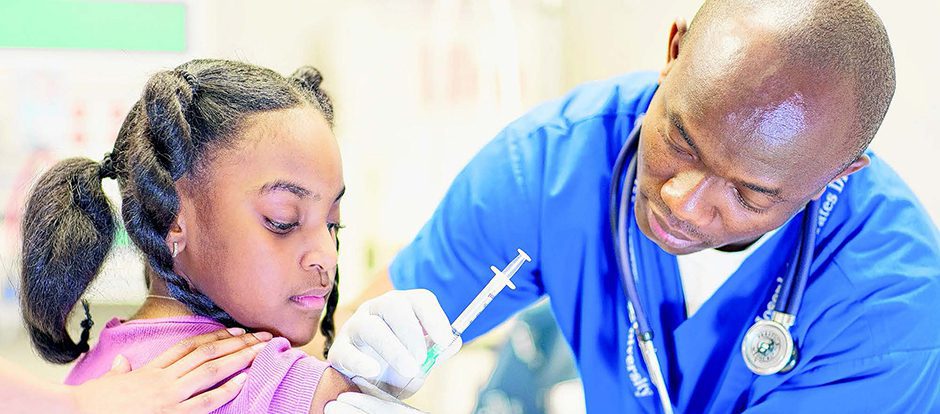
[This piece was written by Carrie Hogan, MSN, ANP-C, Director of Siena College Health Services.]
Whether your son or daughter is entering college as a freshman this fall, or returning as an upperclassman, that emotional send off at the end of summer is always a little bittersweet. You’re proud they’ve reached a point where they are ready to head out on their own, but you still can’t help but be a little anxious. How will they do without you right by their side?
A good place to start is to ensure the student has the necessary supplies to treat the everyday illnesses, cuts and scrapes you handled while they were growing up. Along with their smart phones and laptops, students should bring basic first aid kits as another step toward living independently.
A basic first aid kit should include:
- Bandages and antibiotic ointment (bacitracin, Neosporin)
- Tweezers (for splinter and tick removal)
- A thermometer
- An ice pack or chemical cold pack
- Acetaminophen or ibuprofen for aches and fevers
- Medicine for allergies
- Cough and cold medicine
- Sore throat lozenges
- Hand sanitizer
In addition to the above, freshmen should have a pre-college physical from their primary care physician. During that visit, it’s a good idea for them to ask about getting a flu shot before heading off to campus. Their physician should send the college’s health center a summary of their care, including any restrictions or needed interventions.
Before classes begin, all students must have the immunizations required by their college. Students should also be aware of the scope of their health insurance coverage, as well as the provider. Students are generally covered through their guardian’s health care plan, although sometimes it is provided through the college.
It’s also important for students to be knowledgeable about their medications, doses and frequencies; they should bring their medications and any inhalers to campus. They should also know about their allergies or reactions to medications and foods; and their own and their family’s health histories.
And don’t forget to remind your son or daughter of the best germ-fighting skill they learned even before they started kindergarten – hand washing! The best way for students to protect themselves from the cold, flu and other germs is to wash their hands frequently and thoroughly, especially before eating.
Finally, before college students return to campus this fall, they are well-advised to have a plan for what they’ll do if they become very ill or if campus closes because of an emergency on campus and/or in the community. Students are encouraged, if they get sick, to seek medical help, stay away from classes and work, and minimize contact with others.
The Siena College Health Center, operated by St. Peter’s since 1993, provides low-cost, accessible health care to the students. The Health Center is staffed with nurse practitioners, physician assistants, registered nurses and a physician consultant, who are skilled in providing immunizations, routine medical care for most common illnesses, treatment of minor injuries and health education to students.





